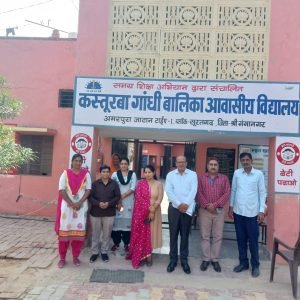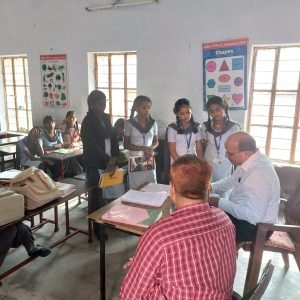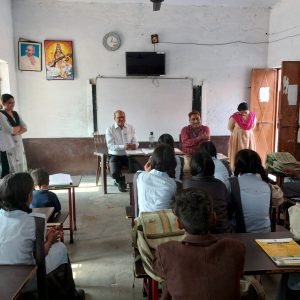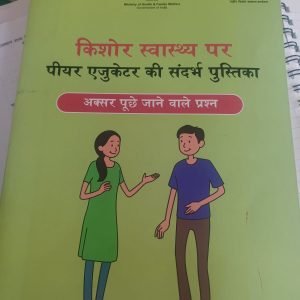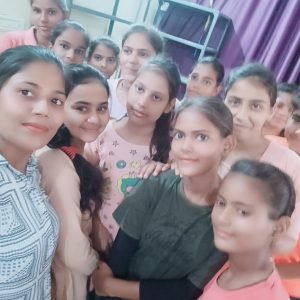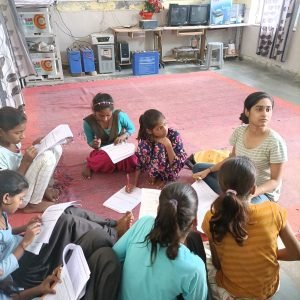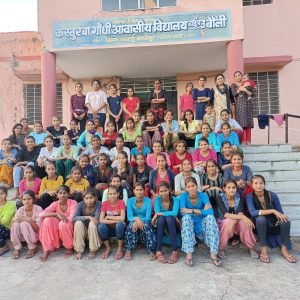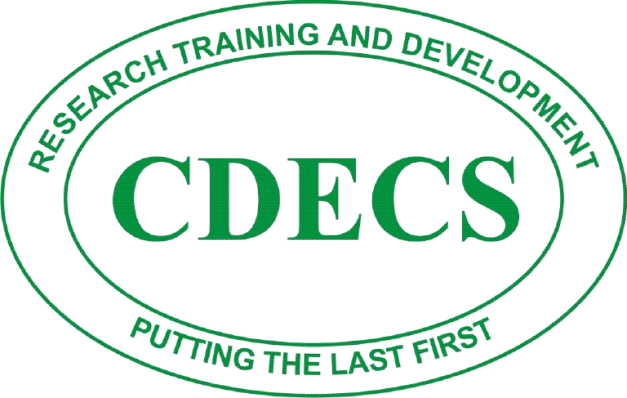Adolescents
Adolescents – Addressing Basic Needs and Demands
Adolescents represent a transformative segment of the population—full of potential but often overlooked in development planning. CDECS has prioritized adolescent-centric programming that addresses their basic needs, builds life skills, and empowers them to make informed decisions about their health, education, and future.
A. Health, Hygiene, and Nutrition Awareness
Adolescent health is a cornerstone of long-term community well-being. CDECS interventions focus on promoting physical, reproductive, and mental health among adolescent girls and boys, especially in rural and tribal settings.
Key Activities:
Awareness sessions on menstrual hygiene, personal hygiene, and nutrition
Promotion of Iron and Folic Acid supplementation (IFA), deworming, and anemia control in partnership with health departments
Organizing Adolescent Health Days (Kishori Diwas) at Anganwadi Centres and schools
Facilitating referrals to Adolescent-Friendly Health Clinics (AFHCs)
Counseling on mental health, emotional resilience, and stress management
These efforts have increased knowledge, reduced stigma, and improved health-seeking behavior among adolescents.
B. Life Skills Education and Personal Development
CDECS promotes life skills education as a tool for self-awareness, self-expression, and responsible decision-making among adolescents.
Training Components:
Communication and interpersonal skills
Gender sensitivity and breaking stereotypes
Goal setting and leadership development
Dealing with peer pressure, substance abuse, and risky behaviors
Awareness on rights, consent, and safe practices
Delivered through schools, SHGs, youth clubs, and community sessions, these programs help adolescents navigate complex transitions safely and confidently.
C. Vocational Skills and Livelihood Readiness
To prepare adolescents for economic independence, CDECS integrates vocational training and career guidance into its adolescent programs.
Key Interventions:
Skill-based training in tailoring, handicrafts, computer literacy, beauty culture, and agro-based vocations
Career counseling workshops in collaboration with schools and local institutions
Linkages with local ITIs, Skill India programs, and livelihood missions
Promoting entrepreneurship and access to start-up schemes like PMKVY, MUDRA, and NRLM
Special focus is placed on empowering adolescent girls with marketable skills to reduce early marriage and dependency.
D. Participation, Expression & Leadership
CDECS believes adolescents must be recognized as active participants in community development, not passive beneficiaries.
Youth-Led Initiatives Include:
Formation of Kishori and Kishor groups at village level
Organizing adolescent forums to voice concerns on school dropout, safety, sanitation, and rights
Campaigns on gender equality, child marriage prevention, and menstrual dignity
Participation in Bal Sabhas, school development committees, and community meetings
Use of creative media—street plays, songs, wall art—to advocate for adolescent rights
These platforms have helped build a generation of confident, informed, and socially aware youth leaders.
